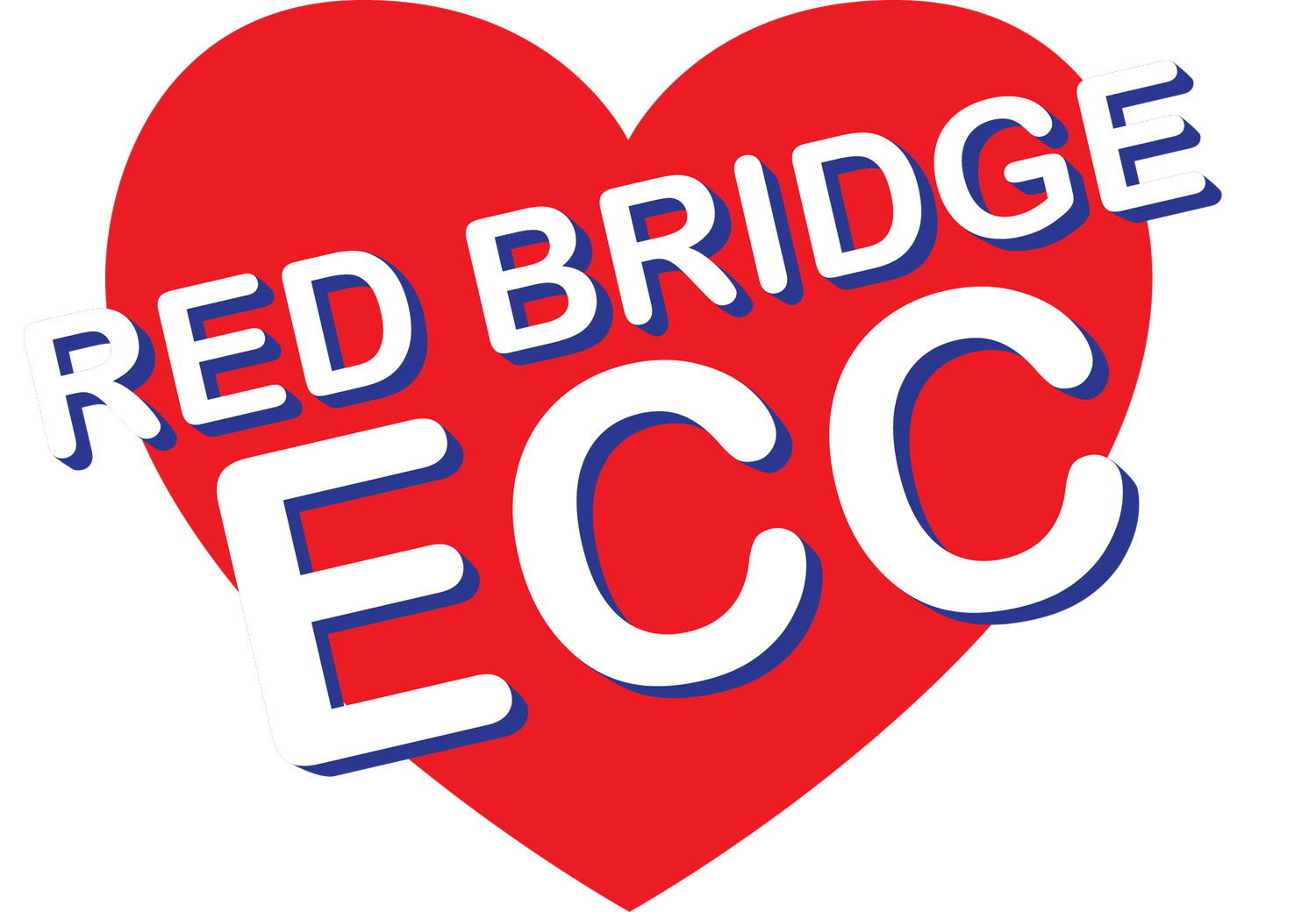
NEWS
ECC Participates in the MO-SECA Program
Last summer, I applied to a training program called MO-SECA (Missouri Supporting Early Childhood Administrators). It is part of the UMKC Institute for Human Development in their Early Childhood Innovation Center. This program focuses on building the knowledge, skills and connections for Early Childhood Administrators they need to lead and operate sustainable .
Taking ECC from Good to Great!
Leslie Shaw at the Missouri State Capital in Jefferson, MO.
Last summer, I applied to a training program called MO-SECA (Missouri Supporting Early Childhood Administrators). It is part of the UMKC Institute for Human Development in their Early Childhood Innovation Center. This program focuses on building the knowledge, skills and connections for Early Childhood Administrators they need to lead and operate sustainable .
As part of the program, I participated in 36 hours of training in the Leadership Academy and Business Academy. The trainings took place throughout the state of Missouri as well as at the Bloch Center at UMKC. I attended a series of classes focused on the book Building on Whole Leadership: Energizing and Strengthening Your Early Childhood Program. Other classes focused on developing my personal leadership style and organizational strengths. I studied topics like:
Supervision and HR
From Surviving to Thriving: Building a Sustainable EC Program
Understanding Financial Statements
Strategic Financial Management.
Every course offered insights and clear ways make improvements that benefited Red Bridge ECC.
In addition to the trainings, the program also included coaching sessions. I met my coach, Katie Diemler in August 2023. She came to the school for our sessions and saw the preschool and meet our teachers.
I participated in the “Program Administration Scale (PAS)” to measure Whole Leadership in an Early Childhood Center. This is an extensive survey of what our program is currently doing and areas that could be improved. It included things like:
Family and Community Partnerships,
Fiscal Management,
Staff Qualifications and
Relational Leadership
…and more.
We were assessed on a scale of 1-7. After the initial assessment, Katie and I looked for ways to improve the program and to increase the score. We revised our staff evaluation sheet I was currently using to include a self-assessment and to broaden the expectations for review. We created a “Getting to Know You” page for our parents and made plans for a “Back to School” Zoom call to improve communication and relationships with our families. We made many changes that allowed us to increase our PAS score in a number of categories. I was amazed at the impact these training sessions had on our program.
After completing the program, attendees were invited to a special recognition ceremony at the Missouri State Capitol in Jefferson City. There were over 150 administrators from across the state who completed the MO-SECA training program. To present our plaques, they had Dr. Michael Abel, Director of the Early Childhood Innovation Center, and Dr. Karla Eslinger, Commissioner of Education at the Department of Elementary and Secondary Education. The ceremony took place in the rotunda of the Capitol and included the MO-SECA trainers, coaches, staff along with friends and families of the administrators who completed the course. I feel honored to have participated in the MO-SECA training program. It was a great investment of my time and energy, and I can already see where this experience will benefit me, my staff and our families at Red Bridge Early Childhood Center. Let’s take ECC from good to GREAT!
How to foster independence in children
Fostering independence in children brings numerous benefits that positively impacts their overall development.
In today's fast-paced world, it is crucial to equip children with the necessary skills to become independent and self-reliant individuals. Fostering independence in children not only empowers them to take charge of their lives, but it also sets them on a path towards success and personal growth. Teaching self-help skills from an early age is an invaluable investment in their future. This blog will explore the importance of fostering independence and providing children with self-help skills, and practical tips on how to achieve these goals.
Fostering independence in children brings numerous benefits that positively impact their overall development. By encouraging independence, we promote self-confidence, decision-making abilities, and problem-solving skills. Independent children tend to be more resilient, adaptable, and have a stronger sense of responsibility. They are more likely to set and achieve goals, develop leadership qualities, and have a greater sense of self-worth.
A fundamental aspect of independence is teaching children self-care skills. This includes basic tasks such as dressing, grooming, and personal hygiene. By gradually introducing these skills and providing guidance, children learn to take care of their bodies and develop a sense of pride in their appearance.
Assigning age-appropriate household chores teaches children responsibility and instills a sense of ownership and contribution to the family. Tasks like setting the table, tidying up their rooms, or helping with meal preparation develops their organizational skills, time management, and a strong work ethic.
Encouraging children to solve problems independently enhances their critical thinking abilities and builds resilience. Instead of immediately providing solutions, parents can guide them through the process of identifying problems, brainstorming possible solutions, and evaluating the outcomes. Asking questions such as “What are you going to do?”, can help jump start the child’s thinking process. When parents resist the urge to “rescue”, this empowers children to think analytically and find creative solutions to challenges they encounter.
Allowing children to make age-appropriate decisions enables them to develop decision-making skills. From choosing their outfits to deciding on extracurricular activities, giving children the opportunity to make choices fosters independence and confidence. It teaches them to weigh options, consider consequences, and take responsibility for their decisions. However, be sure the choices and/or options are ones that you are okay with following through.
To help children gain independent skills, start by:
providing support and guidance
gradually allowing children to take on more responsibility.
The gradual introduction of responsibility ensures that children feel supported while gaining confidence in their abilities.
Acknowledge and praise children's efforts and achievements, no matter how small. Positive reinforcement motivates them to continue developing their independence and self-help skills.
Set age-appropriate expectations and goals, ensuring they are realistic and achievable. This prevents overwhelming children and allows them to experience success in their independent endeavors.
Fostering independence requires patience and persistence. Children may make mistakes or require additional support along the way. It is essential to provide a safe and non-judgmental environment where they can learn from their experiences and grow.
Fostering independence and teaching self-help skills to children is a vital aspect of their overall development. By empowering children to take charge of their lives, we equip them with the tools necessary for success and personal growth. Through self-care skills, household chores, problem-solving, and decision-making skills, children learn to become resilient, responsible, and self-confident individuals. As parents and caregivers, it is our responsibility to provide the guidance, support, and opportunities necessary for children to develop these life skills. By doing so, we pave the way for their future success and happiness.
Strengthening Communication with Parent-Teacher Partnerships
We strive to communicate openly and clearly to parents about their children. It could be something like your child being chosen to be the line leader or performing a task independently, we love to share these wins with the parents to help build that trust.
At Red Bridge Early Childhood Center, we know the importance of fostering a relationship between parents and teachers. Having a good relationship helps teachers empathize with the parents and children. It helps teachers understand things that are happening at home that may impact your child’s performance in school.
For example, let’s say there was a rough drop off in the morning. Your child doesn’t sleep well, a parent is out of town, or a grandparent visits. These could impact your child’s routine and their behavior, mood, and more.
There could also be more serious things going on at home impacting your child. Having a relationship built on trust could help inform how the teacher should care for the child; it can also help the teacher share resources and other information that could help the parents through a difficult time.
We strive to communicate openly and clearly to parents about their children. It could be something like your child being chosen to be the line leader or performing a task independently, we love to share these wins with the parents to help build that trust.
Make it stand out
We strive to communicate openly and clearly to parents about their children. It could be something like your child being chosen to be the line leader or performing a task independently, we love to share these wins with the parents to help build that trust. - Leslie Shaw
We love to share things that happen at school that help a parent to gain insight into their child’s day. It could be something small like being chosen to be the line leader or independently unpacking their backpack. It could be one of those moments a teacher notices where your child was a good friend to another child who was having a hard day. Or it could be significant information about your child’s behavior or concerns a teacher may have about your child’s development. Regardless, we know that when teachers and parents work together as a team and share open communication, your child will benefit from this partnership.
What are some other ways that parents and teachers can build trust with one another? Comment below!






